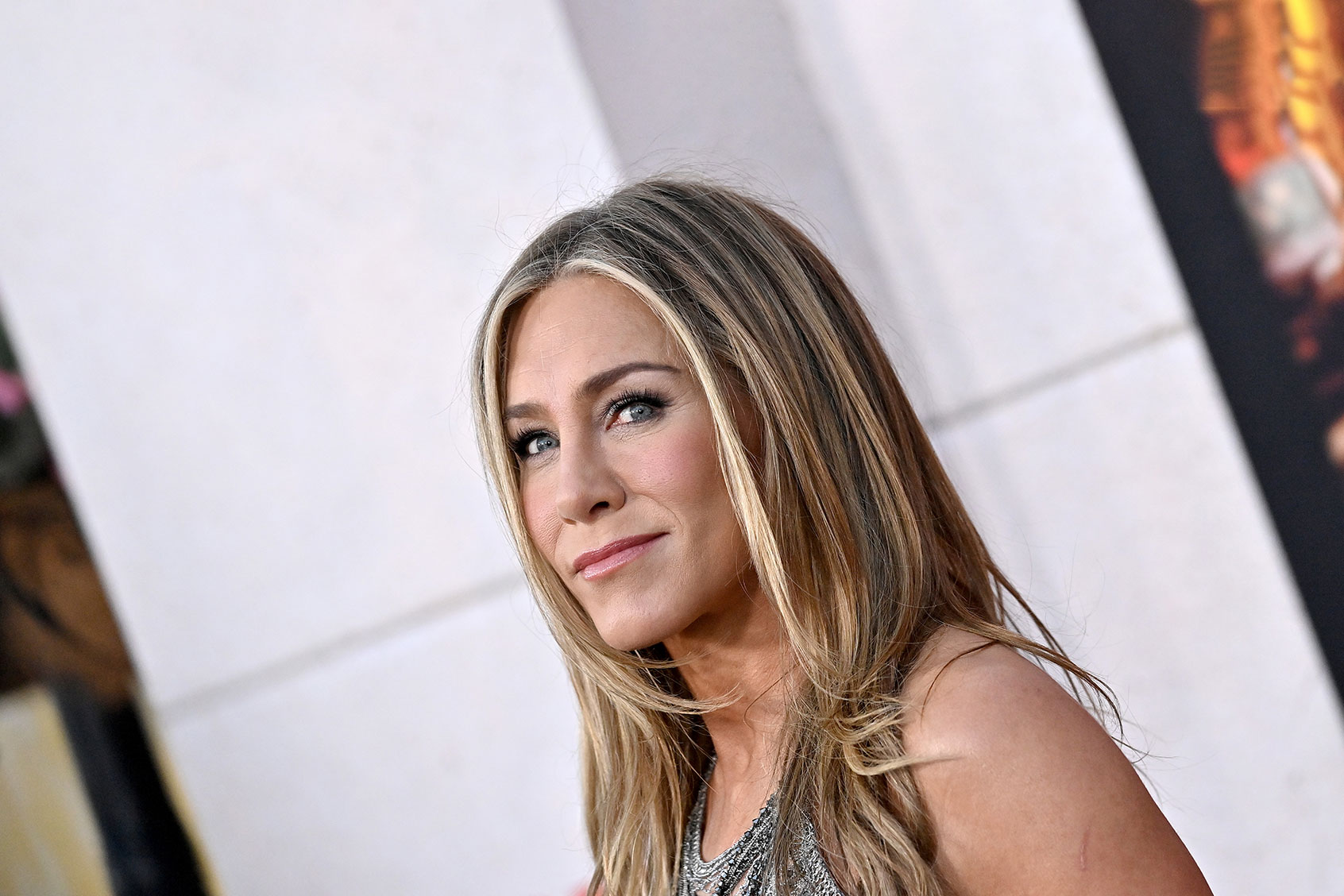Jennifer Aniston is one of those celebrities who has remained a constant cultural figure in entertainment through her decades-long career as a ’90s girl next door. From her iconic role as Rachel Green in “Friends” and now her award-winning portrayal of TV show anchor Alex on “The Morning Show,” Hollywood’s favorite A-lister is perpetually on our screens but we never really know what she thinks. Or maybe nobody really cares to know what she thinks. But that has changed in her press tour promoting the new season of Apple TV+’s “The Morning Show.”
Her privilege shields her from being at risk of the same cancellation she’s seemingly minimizing.
In a recent interview with Wall Street Journal Magazine, the actress said she had a gripe with the fictional boogeyman steeped at the center of America’s culture wars: cancel culture. “I’m so over cancel culture,” she said. “I probably just got canceled by saying that. I just don’t understand what it means . . . Is there no redemption? I don’t know. I don’t put everybody in the Harvey Weinstein basket.”
The actress isn’t really known for her nuanced opinions and takes on culture, and it may be jarring to see her have such a strong stance one way or another on something as trivial as so-called cancel culture. Aniston’s appeal in Hollywood isn’t because people look to her for thoughtful commentary. Her appeal is that she is the approachable woman. She’s been in numerous rom-coms. She’s always in a buddy comedy with pal Adam Sandler. She is the nepotism daughter of a longtime “Days of Our Lives” actor, John Aniston. She is truly an image of a privileged white leading woman in the industry.
That’s why this comment sounded like a fundamental misunderstanding of what her role and placement in the industry represent. It sounds like to me, Aniston may not understand the utmost privilege and access that she has as his figurehead in the industry. She seems to not grasp the role her personal success has in the conversations surrounding social awareness and consciousness. Luckily for her, her privilege shields her from being at risk of the same cancellation she’s seemingly minimizing in that interview.
Aniston’s inability to decipher the nuances of accountability culture are also similar to the shortcomings of Aniston’s character on “The Morning Show.”
If we break down what the actress thinks about cancel culture we can start with her questioning if there’s redemption anymore. I think, there will always be redemption for people who seek it. Everyone who has ever been canceled of course isn’t as horrific of an offender as disgraced and convicted sexual predator and abuser Harvey Weinstein. It’s absurd and almost alarmist to mention and compare smaller infractions that can be corrected through character development and education to an abuser like Weinstein in the same conversation. Cancel culture does not count for abusers because they deserve repercussions larger and more significant than public condemnation and alienation. Their actions are usually punishable by the law because they are committing crimes.
Aniston’s inability to decipher the nuances of accountability culture are also similar to the shortcomings of Aniston’s character on “The Morning Show.” Alex is a jaded, veteran broadcast journalist working for a show similar to “Good Morning America.” The Apple TV+ series explores what the network and show look like after Alex’s co-anchor (Steve Carrell) is accused of sexual misconduct and is fired and literally dives into the multiple perspectives on #MeToo, cancel culture, and redemption for abusers post-allegations.
We need your help to stay independent
Through the first two seasons of the show, Alex struggles to recognize how insidious and deep the abuse Mitch perpetuated on the women who worked on the show is. She admits that she turned a blind eye because she also was romantically involved with Mitch for years. She reluctantly takes a stance against him because of his toxicity and what it means for the larger implications in the industry (#MeToo movement). But if Alex was not pressured by other women to step forward and expose Mitch, she would have never done it to protect her own skin.
Salon’s previous coverage discusses how the show’s self-victimizing narrative misrepresents that “most movements for survivor justice and accountability are fighting for systemic changes and protections for victims.” It paints “those who seek justice and accountability for abusers as the aggressors, and abusers like Mitch as their victims.”
Alex is much more of an enabler of bad behavior compared to Aniston but I think it is something to keep in mind when we assign importance to celebrities and longtime shapers of the industry that they are capable of this kind of behavior too. Their weak stances and conservative framing of cancel culture as this army of unforgiving, spiteful keyboard warriors diminish the urgent need for an equitable, safe industry that doesn’t just protect and uplift daytime soap nepotism babies.
Read more
about cancel culture

